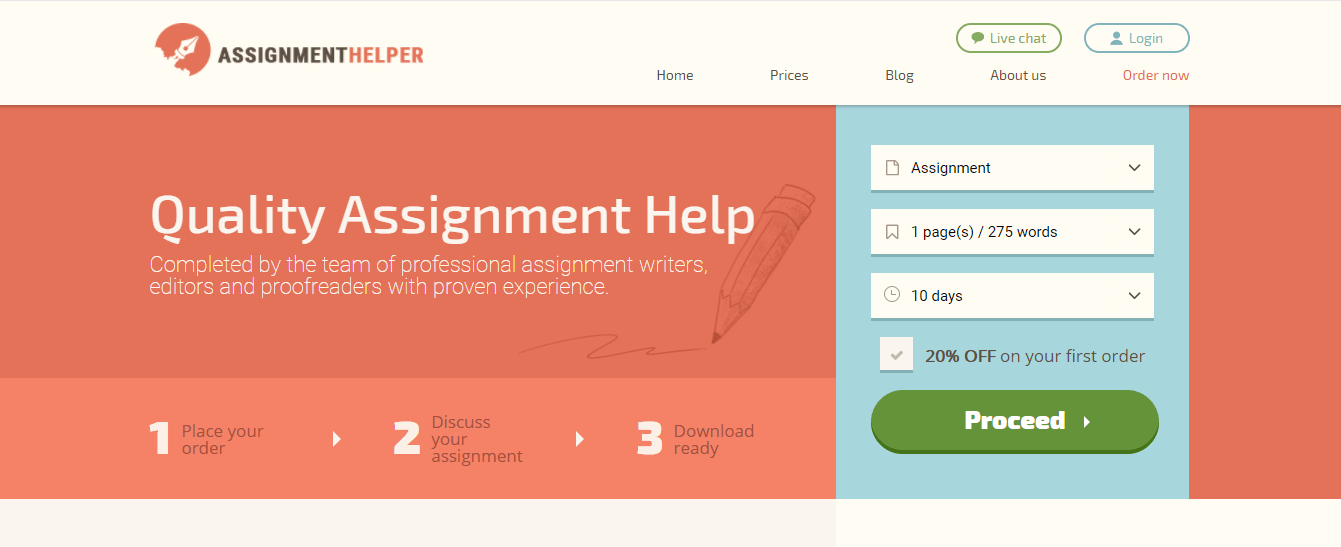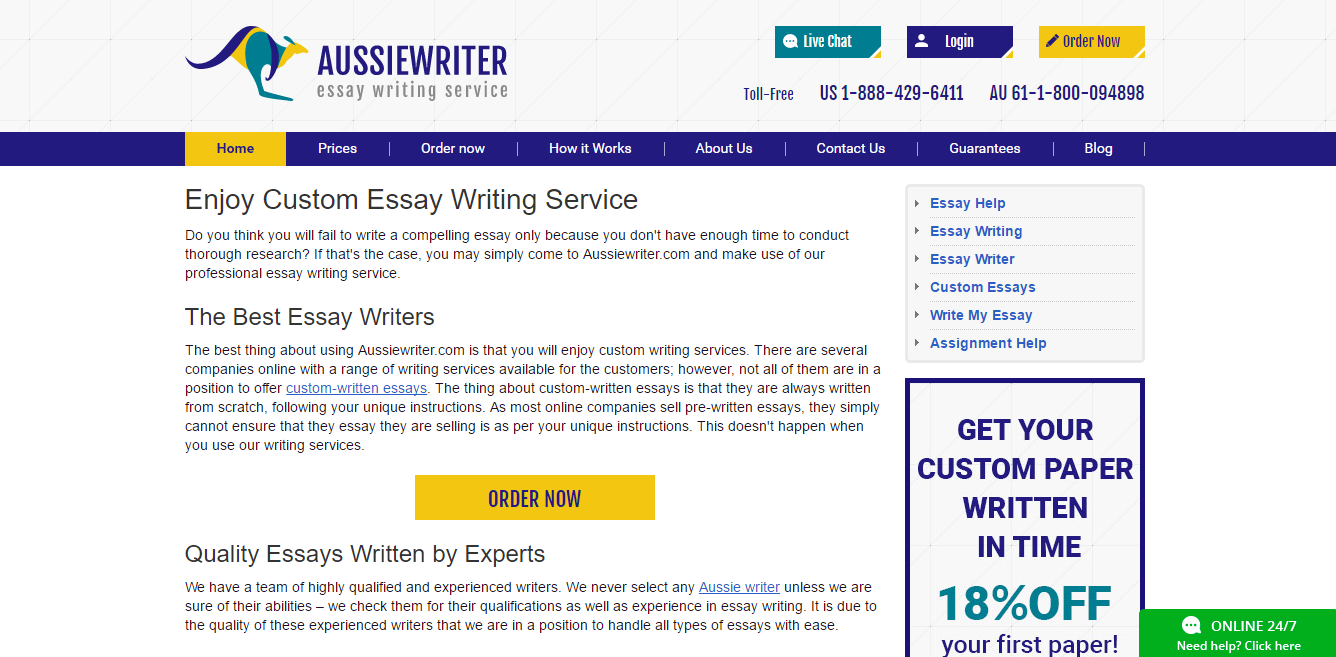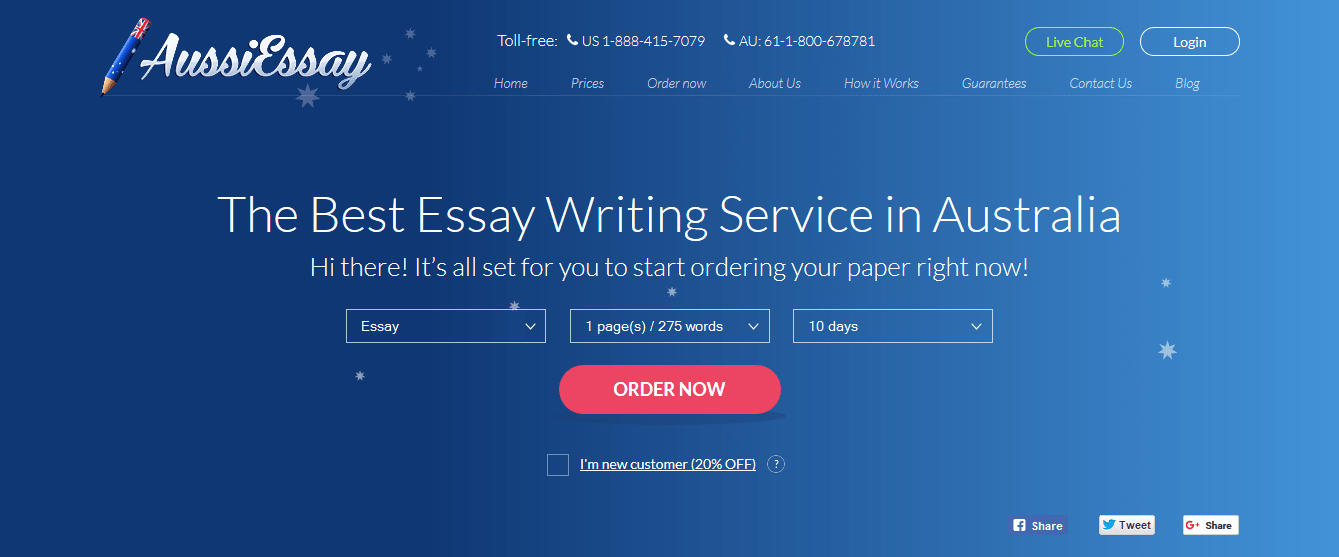There’s no educational program in the world that doesn’t involve assignment writing. The assignments have a significant purpose: they show how well you understood the lectures and how you’re implementing the knowledge into your own arguments. You show how great of a researcher you are. You prove you have strong opinions and you know how to support them with facts. Assignments are a good thing.
Still, many students are failing. They don’t understand how to write an assignment. When they get a grade that’s below the one they expected, they blame the professors. But no; the professor won’t change the grade you deserve no matter how much you complain about their rigorous standards.
You have no other choice but to learn how to deal with them. The good news is: anyone can learn how to complete an assignment. You only need to put in the effort.
We’ll give you the ultimate guide to follow!
Understand the Purpose
When you’re professors are working on the instructions for a new project, they have this question on their minds: How do I create a meaningful assignment?
Meaningful. That’s their main goal. They want you to conduct an effective research and come up with strong, unique arguments to support your thesis statement. They want you to learn something from this experience.
Do not repeat the same things you read in someone else’s work. Use them to support your claims, but come up with your own arguments. Developing capacity for creative and critical writing is another important goal of academic writing.
The Process of Brainstorming
Let’s say you get this topic: The Origins of the First World War.
Will you start the research process right away?
-
If you start with the research, you’ll probably read the first authoritative source of information that Google gets you. Your opinions will be formed by the things you read. This might turn out to be a good paper. However, the approach may also block out your creativity.
-
Let’s say you start with brainstorming. You take a piece of paper and you write down everything you know about World War I. You’ve covered the topic at school and you’ve been watching documentaries. Along with the information that comes out of your head, you’ll also get some ideas on what to write. That’s how you can find your unique twist.
Then, you’ll conduct preliminary research to find out what ideas are worth elaborating. This approach puts your own knowledge and ideas at the first place. You will still learn during the completion of the project. However, the final result will have more personality.
Try to do the brainstorming first!
Developing an Outline
Once you pick the best ideas, you’re ready for the next step: developing an outline. Do not skip it!
To develop a functional outline, you need to understand the structure of an assignment. It’s usually consisted out of three main parts: introduction, body, and conclusion.
Let’s say you’re writing an essay on the topic we mentioned above (The Origins of the First World War). This is what the outline would look like:
| Introduction | Give some background: when did the War start?
What were the main factors that led to the war? |
| Thesis statement: Nationalism, imperialism, and the European alliances were the main factors that led to the outbreak of the Great War. | |
| Body | First argument: Nationalism |
| Second argument: Imperialism | |
| Third argument: European alliances | |
| Conclusion | Bring the loose ends together. How did these three factors combined led to the outbreak of the War? Why is it important to be aware of them? Restate the thesis statement in other words. |
See? It’s really easy to develop an outline. You just have to keep the structure in mind and figure out what you’ll write in each section.
The Research Process
Now, you’re ready for the research stage. It’s important to support each argument with information from authoritative sources.
-
Wikipedia is not an acceptable source of information to use in academic writing. However, you can read the articles to get informed. At the end of Wikipedia pages, you’ll usually find references that lead you to authoritative sources. Explore them.
-
If you can find reliable non-fiction books for your topic, use them. You don’t have to read them entirely. Use the contents to locate the relevant information.
-
Use the right online search engines to find the information you need. Here are few suggestions:
-
Use a tool to organize your resources. You’ll need to reference them further on, so it’s important to know where your supportive arguments are coming from. Zotero and EndNote are nice tools to use during the process.
Writing the Content
When students go through the pre-writing stages successfully, this part of the process is less challenging. They already know what to include in each part of the assignment. They also know what sources they will use to support their arguments. All that’s left to do is to write the content itself.
Here are few tips that will help you with that:
Learn How to Write a Good Assignment Introduction
If you find it easier to start with the body paragraphs, do it. However, it’s still important to have the thesis statement ready before you start exposing your arguments. These tips should help you write a good introduction:
-
Provide background on the topic. If you’re writing about World War 1, for example, write how many countries were involved, what the official number of victims is… any relevant information you can give. It shouldn’t be too long. If you’re writing a 5-paragraph essay, keep it around three sentences.
-
You can start with a quote or anecdote.
-
Include a thesis statement at the end of the introduction. This will be the carrier of the content. Everything you write should be in relation to the thesis statement.
Write the Arguments
This part is very important. It’s where your research skills are reflected. It’s not only about arguing a point. It’s about proving it. Use facts and information from authoritative sources, but don’t forget to tell the reader what you think about it.
Learn How to Write a Good Conclusion for an Assignment
The conclusion should provide an effective ending for the assignment. It’s your last chance to make a memorable impression. Here is an idea on how to write it:
-
Why should anyone care about what you wrote? Answer that question as you connect the dots and you restate the thesis statement. With this strategy, the reader will have an impression they didn’t waste their time reading your assignment.
Useful Words to Use
Academic writing is different from your usual manner of expression. Here’s a list of useful words and phrases that will inspire you to maintain academic tone:
| In other words | Along similar lines, X argues that… |
| To that end | Particularly |
| Likewise | All things considered |
| Moreover | In conclusion |
| Similarly | To give an illustration |
| On the other hand | The data gathered in X study shows that… |
| In comparison/by contrast | X’s argument against/in favor of… |
Tricks that don’t work
Sometimes students are trying to trick the professor they spent more time and effort working on the assignment than they actually did. These are tricks that never work:
-
Paraphrasing without referencing. Your professor has read too many resources on the topic you’re working on. They can tell when you’re trying to present another author’s ideas as your own.
-
Using huge fonts and wide margins to make the paper look longer.
-
Using fillers to reach the word count.
-
Using big words, pretending like you know more than you do. Professors see right through that act.
The Format and Referencing
The format will depend on the type of assignments you’re completing. The 5-paragraph essay, for example, is pretty simple. Research papers, case studies and other assignments still have an introduction, body and conclusion. However, you’ll have to break up the body part in several section that maintain a logical flow.
As for the referencing, you’ll need to follow the style your teacher recommended. It may be APA, MLA, Chicago, Harvard, or another style of citation. If you don’t know how to write references on assignments, you can easily find the guidelines for the specific style you’ll implement.
Things to Pay Attention to When You Receive Your Assignment from an Assignment Writing Service
You decided to get assignment help? If you were unable to complete the project no matter how hard you tried, this is a good solution. You’ll still have unique content to submit by the deadline.
Will this paper be great? It depends on the service you choose. That’s why you’ll read reviews to find the best academic writing service. Once you get your paper, it’s important to pay attention to several aspects:
-
Uniqueness – Use a plagiarism detection engine such as Copyscape to make sure your paper is unique.
-
Relevance – Did the writer follow your instructions?
-
Structure – Does the paper maintain the proper structure?
-
References – Are they clear and properly formatted? Did the writer include enough of them?
-
Logical flow – Are there any gaps or excessive parts?
-
Language – Is the tone appropriate for the topic and type of assignment?
If you notice anything wrong with your content, you have the right to request revisions. Do that as soon as possible, so you won’t miss the submission deadline.
Your Turn to Shine!
This detailed and effective guide should help you deal with academic writing with less stress and greater effectiveness. Are you ready to tackle the next challenge?


